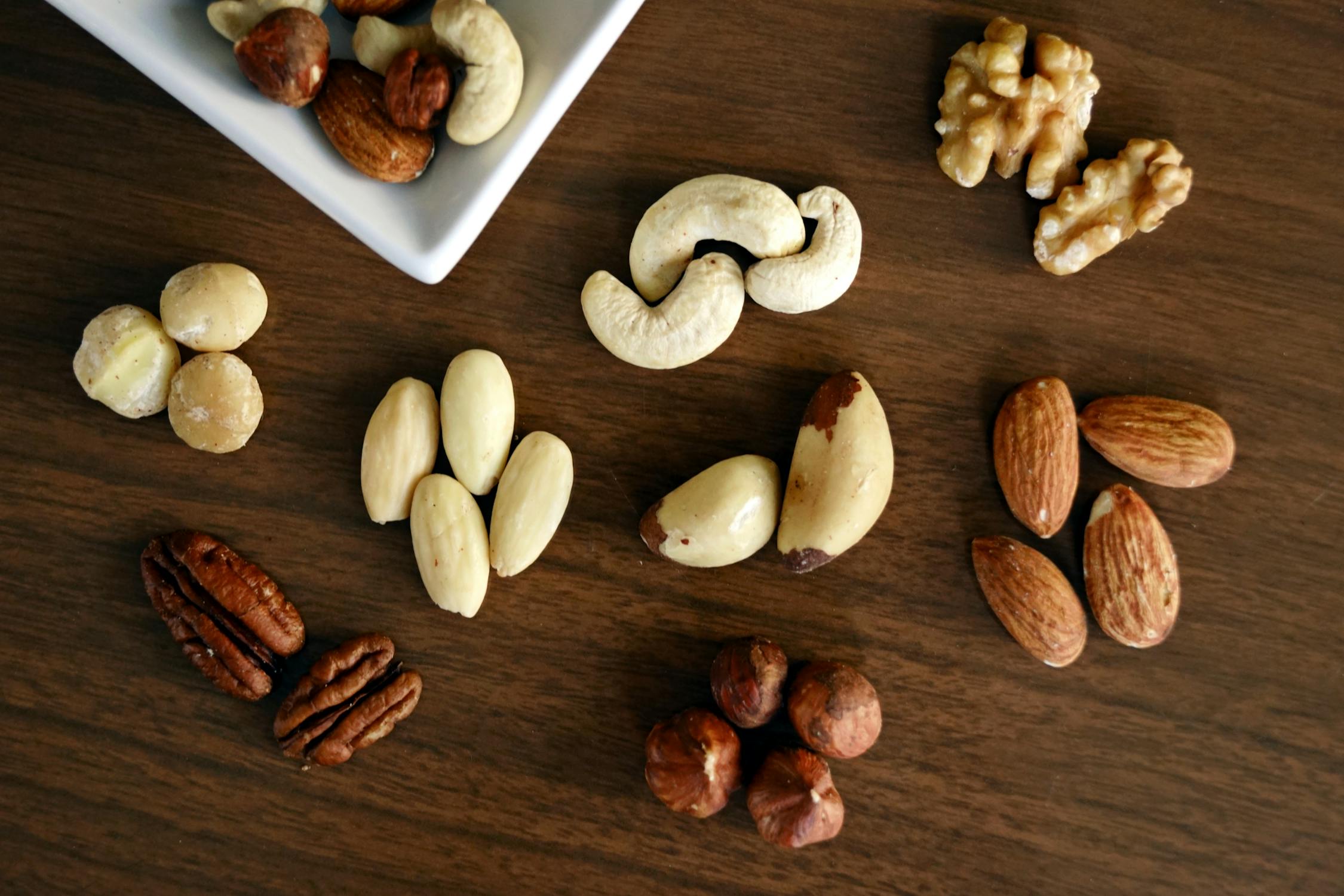Do you want to learn new words and remember them better? Do you want to improve your memory and cognitive performance? If you answered yes, then this article is for you.
In this article, I will share with you 10 science-backed strategies that can help you boost your vocabulary and memory. These strategies are based on the latest research findings from various fields of psychology, neuroscience, and education. They are easy to implement and can make a big difference in your learning outcomes.
So, without further ado, let's dive into the 10 strategies.
1. Listen to music
Music is not only a source of entertainment and pleasure, but also a powerful tool for learning and memory. Music can help you learn new words and remember them better by activating different brain regions and creating emotional associations.
For example, listening to music while studying can enhance your mood, motivation, and attention, which can facilitate your encoding and retrieval of information. Music can also help you recall words by providing cues based on rhythm, melody, or lyrics.
Some researchers who have investigated the effects of music on memory are Dr. E. Glenn Schellenberg, Dr. Sylvain Moreno, and Dr. Takao Hensch .
2. Eat nuts
Nuts are not only delicious and nutritious, but also beneficial for your brain and memory. Nuts are rich in omega-3 fatty acids, antioxidants, and vitamin E, which can protect your brain cells from damage and inflammation, and improve blood flow to the brain.
For example, eating nuts can enhance your cognitive functions, such as memory, attention, and processing speed. Nuts can also help you prevent or delay the onset of age-related cognitive decline and dementia.
Some scientists who have studied the benefits of nuts for memory are Dr. Peter Pribis, Dr. Lee Berk, and Dr. Lenore Arab .
3. Find a source of caffeine
Caffeine is not only a stimulant that can keep you awake and alert, but also a memory enhancer that can boost your learning and recall. Caffeine can boost your alertness, attention, and concentration, which can help you encode and retrieve information more effectively.
For example, consuming caffeine before or after studying can improve your short-term and long-term memory, especially for verbal and visual material. Caffeine can also help you consolidate your memory during sleep and reduce the effects of interference and forgetting.
Some scientists who have studied the role of caffeine in memory are Dr. Michael Yassa, Dr. Chuanhai Cao, and Dr. John J. Foxe .
4. Exercise regularly
Exercise is not only good for your physical health and well-being, but also for your mental health and memory. Exercise can increase the size of your hippocampus, the brain region responsible for memory formation and consolidation. It can also enhance your mood, reduce stress, and improve your cardiovascular health.
For example, engaging in aerobic exercise, such as running, swimming, or cycling, can improve your memory, learning, and cognitive abilities. Exercise can also help you maintain or improve your memory as you age and protect you from neurodegenerative diseases, such as Alzheimer's.
Some scientists who have studied the impact of exercise on memory are Dr. Kirk Erickson, Dr. Art Kramer, and Dr. Wendy Suzuki .
5. Use unusual fonts
Fonts are not only a matter of style and preference, but also a factor that can influence your memory and learning. Using fonts that are hard to read can make you pay more attention to the words and process them more deeply, which can enhance your memory retention. This is known as the disfluency effect.
For example, using fonts that are unfamiliar, complex, or small can improve your recall and comprehension of the material. Fonts can also affect your metacognition, or your awareness of your own learning, by making you more confident or doubtful about your memory.
Some scientists who have studied this phenomenon are Dr. Daniel Oppenheimer, Dr. Connor Diemand-Yauman, and Dr. Erik D. Reichle .
6. Rest well daily
Sleep is not only a necessity for your survival and health, but also a key for your memory and learning. Sleep is essential for memory consolidation, the process of transferring information from short-term to long-term memory. It can also help you clear out irrelevant or interfering memories and enhance your creativity.
For example, getting enough sleep, especially deep and REM sleep, can improve your memory performance and retention. Sleeping after learning can also help you integrate new information with existing knowledge and generate novel insights.
Some scientists who have studied the role of sleep in memory are Dr. Robert Stickgold, Dr. Matthew Walker, and Dr. Jan Born .
7. Create mental associations
Associations are not only a way of linking ideas and concepts, but also a method of improving your memory and learning. Associating new words with images, sounds, emotions, or other words can help you remember them better by creating multiple cues for retrieval. This is also known as elaborative encoding.
For example, using visual imagery, such as drawing pictures or imagining scenes, can help you memorize words more easily and vividly. Using verbal associations, such as synonyms, antonyms, or sentences, can also help you enrich your vocabulary and understanding.
Some scientists who have studied the effects of mental associations on memory are Dr. Fergus Craik, Dr. Endel Tulving, and Dr. Elizabeth Loftus .
8. Use words actively
Using words is not only a way of expressing yourself and communicating with others, but also a strategy of enhancing your memory and learning. Using new words in different contexts, such as writing sentences, making stories, or having conversations, can help you consolidate them in your long-term memory and improve your recall. This is also known as active recall.
For example, writing down words or speaking them aloud can help you reinforce your memory and recall them more accurately. Testing yourself or quizzing others can also help you review and retrieve words more effectively.
Some scientists who have studied the benefits of active recall for memory are Dr. Henry Roediger, Dr. Jeffrey Karpicke, and Dr. Robert Bjork .
9. Overlearn
Overlearning is not only a way of achieving mastery and excellence, but also a technique of boosting your memory and learning. Overlearning is the practice of continuing to study or practice something after you have already mastered it. This can help you strengthen your memory traces and make them more resistant to interference or forgetting.
For example, repeating words or reviewing material beyond the point of initial learning can improve your memory retention and recall. Overlearning can also help you perform better under pressure and reduce your anxiety and stress.
Some scientists who have studied the effects of overlearning on memory are Dr. Harry Bahrick, Dr. Norbert Schmitt, and Dr. Takeo Watanabe .
10. Use mnemonics
Mnemonics are not only a fun and creative way of remembering things, but also a powerful memory aid that can help you organize and encode information in a more memorable way. Mnemonics are memory devices that use acronyms, rhymes, songs, or other methods to help you recall information more easily.
For example, using acronyms, such as ROYGBIV for the colors of the rainbow, can help you remember words or concepts more quickly and accurately. Using rhymes, such as "Thirty days hath September...", can also help you remember facts or dates more reliably.
Some scientists who have studied the use of mnemonics for memory are Dr. Richard Atkinson, Dr. Roy G. Bower, and Dr. Tony Buzan .
Conclusion
These are the 10 science-backed strategies that can help you boost your vocabulary and memory. By applying these strategies, you can improve your learning outcomes and enjoy the process of acquiring new knowledge and skills.
I hope you found this article helpful and informative. If you did, please share it with your friends and family who might also benefit from it. And if you have any questions or comments, please feel free to leave them below. I would love to hear from you.
Thank you for reading and happy learning!














Social Plugin